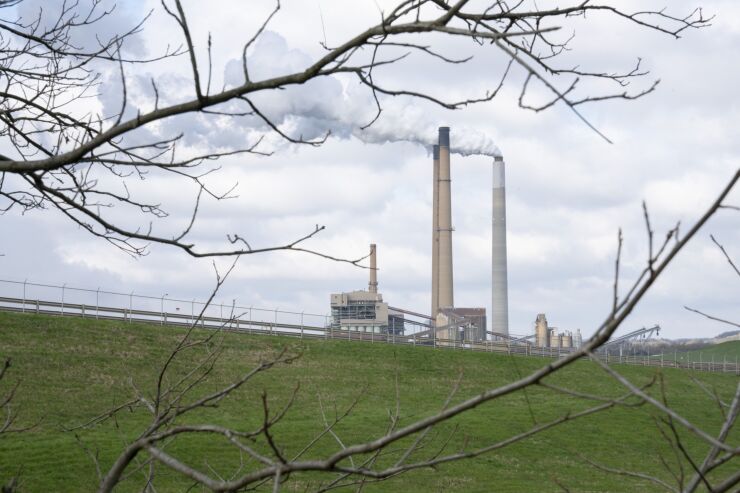The Office of the Comptroller of the Currency asked for public input Thursday on "supervisory principles" for how large banks manage climate-related risks.
The draft principles for banks with over $100 billion of assets are one of the first examples of tangible guidance from the federal regulators on identifying and dealing with financial threats from a warming climate. Feedback to the agency will help inform future guidance, the OCC said.
“Today’s release takes an important, concrete step towards ensuring the safety and soundness of large banks in the face of increasing risks from climate change,” acting Comptroller of the Currency Michael Hsu said in a press release. “We look forward to the feedback and to working with our interagency peers to develop more detailed guidance next year.”
The principles touch on areas including governance, strategic planning, risk management and "scenario analysis." The announcement on Thursday makes the OCC the first federal banking agency to release expectations publicly for managing climate risk.
In October, a Federal Reserve official said the central bank was

Other countries have moved faster on stress-testing for climate risk, but U.S. policymakers in the Biden administration have shown
Those efforts have, however, faced pushback from conservative groups and lawmakers in heavy energy-producing states
Hsu
The Fed will also review comments on the OCC’s draft as part of a broader effect to develop interagency supervisory expectations around climate-related risk management, a spokesperson said.
“A consistent approach across bank regulatory agencies will best support the effective management of these risks,” the spokesperson said. “The Federal Reserve is committed to ensuring that supervised firms have strong risk management capabilities to promote their resilience to all risks, including climate-related financial risks.”
The OCC said the principles are intended to cover both physical risk and transition risk. Physical risk refers to the risk of losses resulting from increasingly severe weather events, while transition risk includes the risk of losses resulting from the transition to a low-carbon economy.
Among its guidelines, the OCC recommends that banks factor relevant climate-related risks into their policies and procedures, and consider those risks when setting the bank’s overall strategy. The agency also recommended that banks incorporate climate-related risks into their internal monitoring.
The agency also urges bank boards and management to consider the potential impact of climate-related financial risks on the bank’s reputation and on low-to-moderate-income and other disadvantaged communities.
The OCC is accepting feedback on its guidance until Feb. 14.





